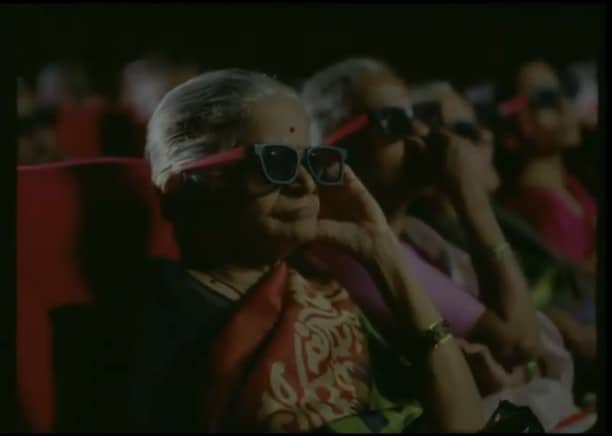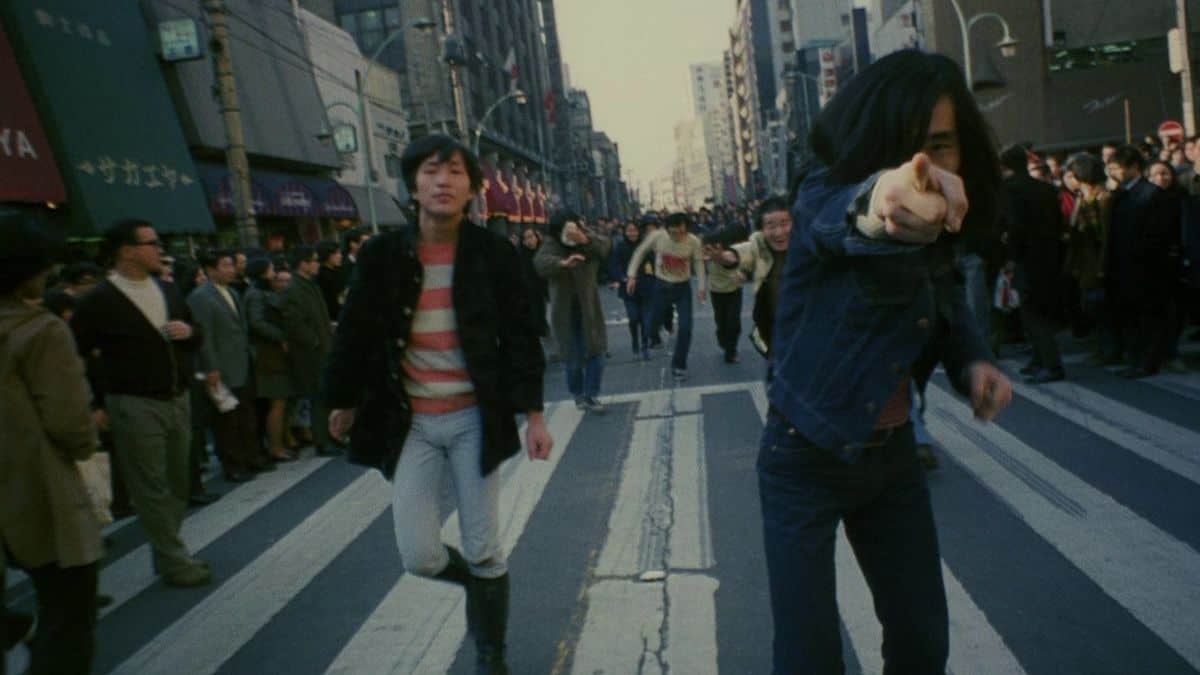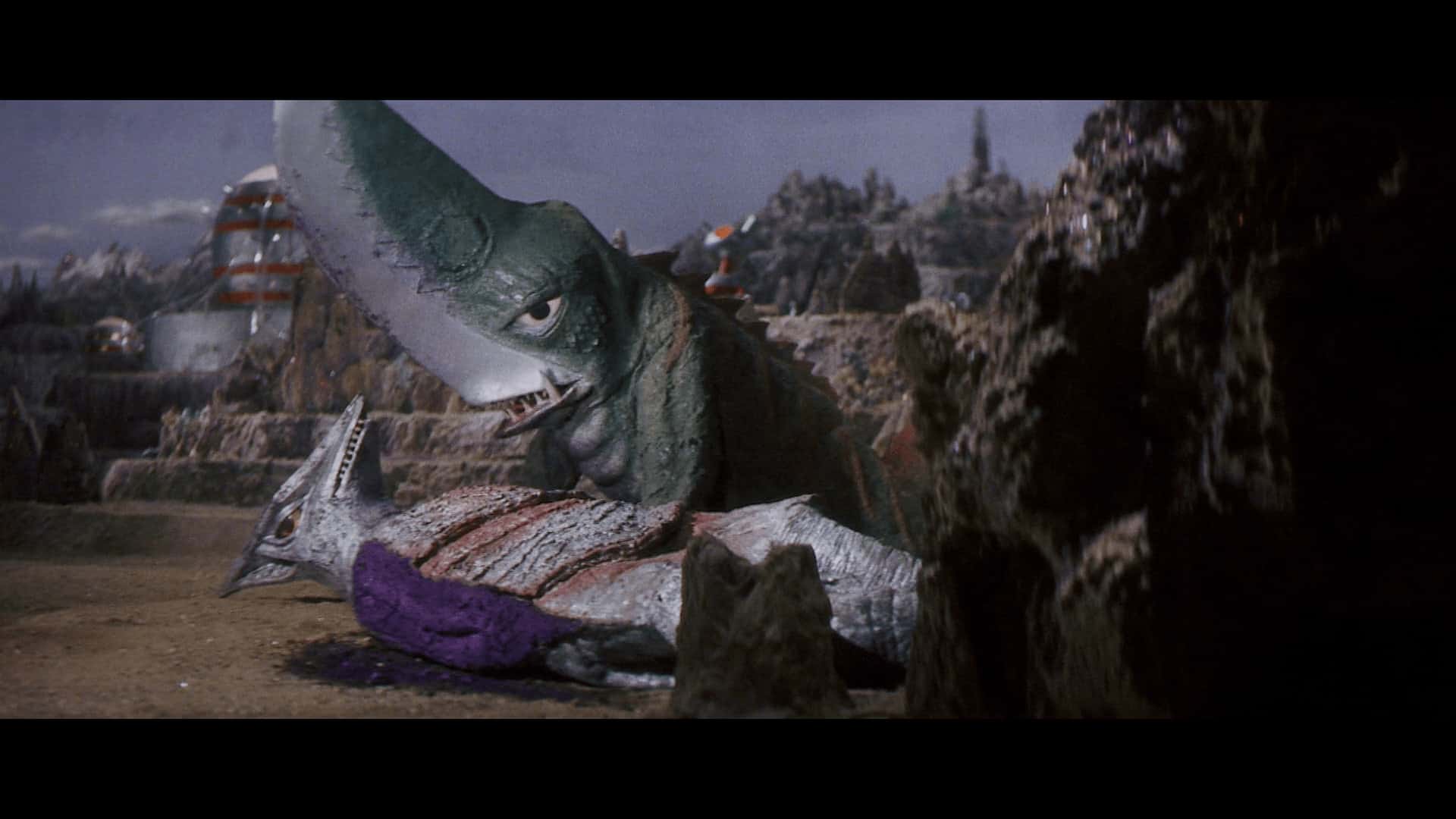“Like an atom of forgiveness, the flag of Japan flutters in the wind. From little ants to the sun, moon and other wonders of the world, Japan represents hope for the future. A little Robot listening to music in the sea during a digital pilgrimage denotes the hard work and upgradation in technology that has made healing possible to the people after the war. The children of war are now grandmothers and they see spectacles of the same cycles repeated over and over again. When communication and expressions are tokens of digital technology, iPhones and robots have become an integral parts of lives, young or old as is nature. The grand daughters are living lives in oblivion. Certain images stream through their level of consciousness and reality becomes an image juxtaposed on realism. Ah! And the grandmothers, meanwhile, the virtual moon drawn by a Chinese artist in the internet bridge the space between realism and surrealism. Eventually, grandmothers teach children how not to war. With poetry, Pasolini is still making a film on India and hunger.”
“Remembering Diana: An Open Letter to Abbas Kiarostami” is a short film that defies regular genre structures to offer up free form imagery, dialogue and music to create a dreamlike sequence. The most engaging aspect within the approach undoubtedly comes from the cinematography, which offers up various short clips that feel meticulously planned to best compliment the director's vision. Overall, as far as aesthetics are concerned, the production does capture the poetic beauty that was intended in the narrative.
The narrative carries a personal tone, with influences being openly projected (even within the title) and dialogue that seems reflective of the creator's own social reflections through these influences. This highly personalized approach creates a rather unique message, coupled with the approach, but also limits the entertainment and the ability of the audience to connect. The actual message of the film will be completely lost to most, if not all viewers, particularly when the strength of the metaphorical meaning of some of the scenes is questionable in its success. Overall, the story (or what closely resembles one) is a mess that would require the creator's explanation, making it inaccessible as a personal viewing experience.

Arguably, the most ill conceived aspect of the production comes from the score, which uses popular songs to try to convey part of the message. Within film, the use of popular soundtracks can often be mismanaged in an attempt to draw a connection with the audience through nostalgia instead of relying on strength of narrative. Granted, it is difficult to ascertain if pseudo nostalgia was the meaning behind incorporating these songs. However, even pushing that notion aside, it takes great tact to use popular music in experimental cinema and in the case of “Remembering Diana”, the choices are utterly uncomplimentary.
There is an undeniable visual charm to the film that helps carry the production to something greater than its sloppy messaging and audio presentation. Unfortunately, outside of the visuals the production is too personal in approach and in trying to homage other film makers. This carries a degree of pretentiousness into the production, by putting perceived abstract concepts on a pedestal in an attempt to get close to capturing the creator's admiration of certain iconic figures. Admittedly, my interest in experimental cinema is relegated to a certain era and filmmakers, and although there are exceptions, the majority of modern experimental film fails to capture or convey the importance of the genre in previous eras. Overall, I believe in the importance of finding one's own creative voice, over trying to emulate what has already proved successful, and “Remembering Diana” was too indulgent and isolating of a film for my own tastes.















